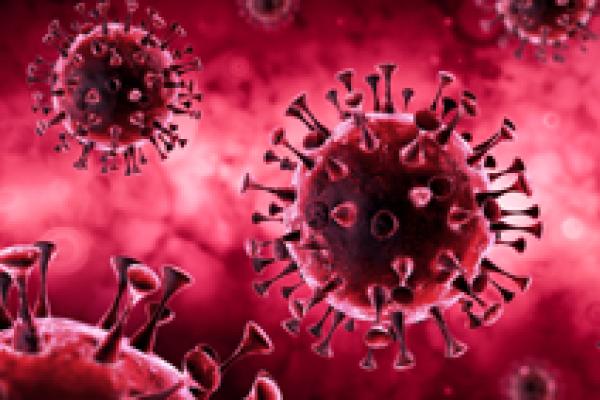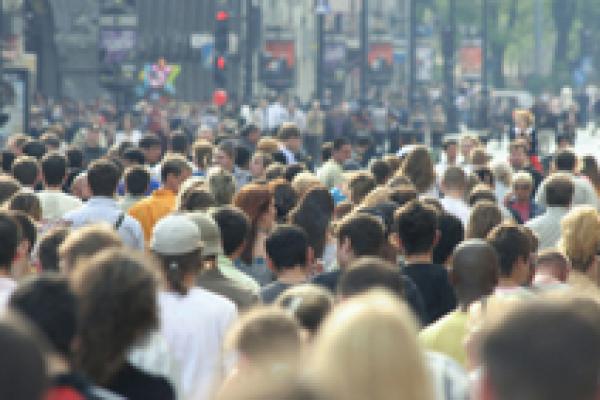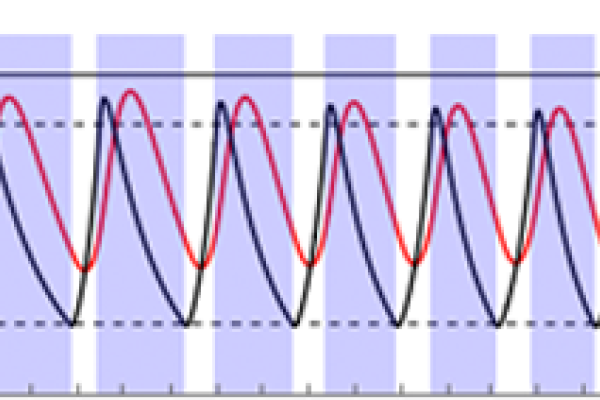Article

The problem with combining R ratios
We explore why you need to be extremely careful when combining the reproduction ratios of a disease in different settings, such as hospitals and the community.


